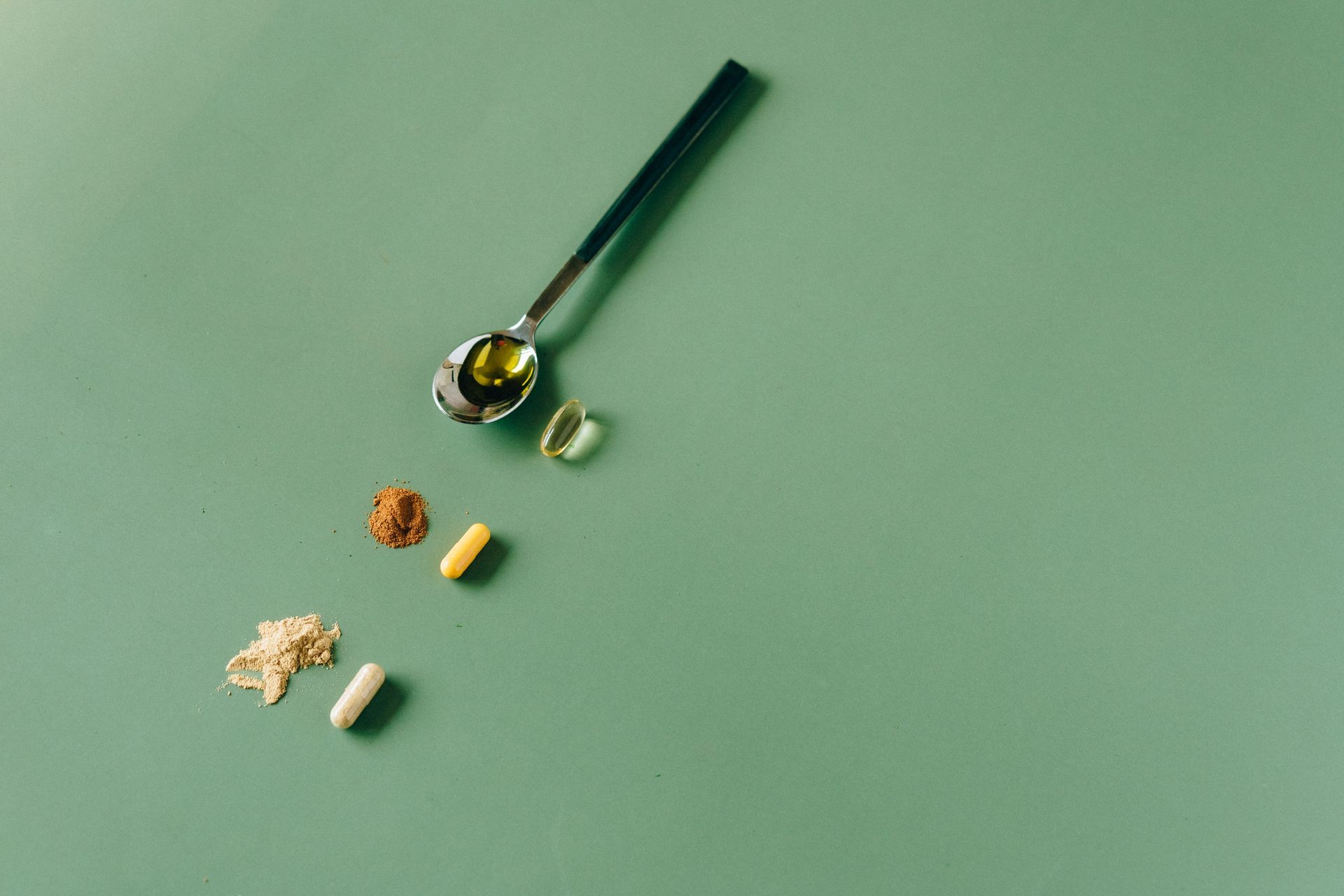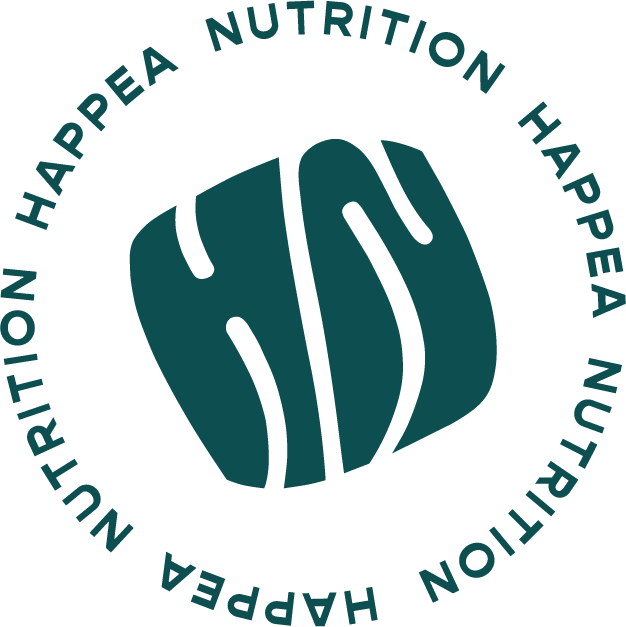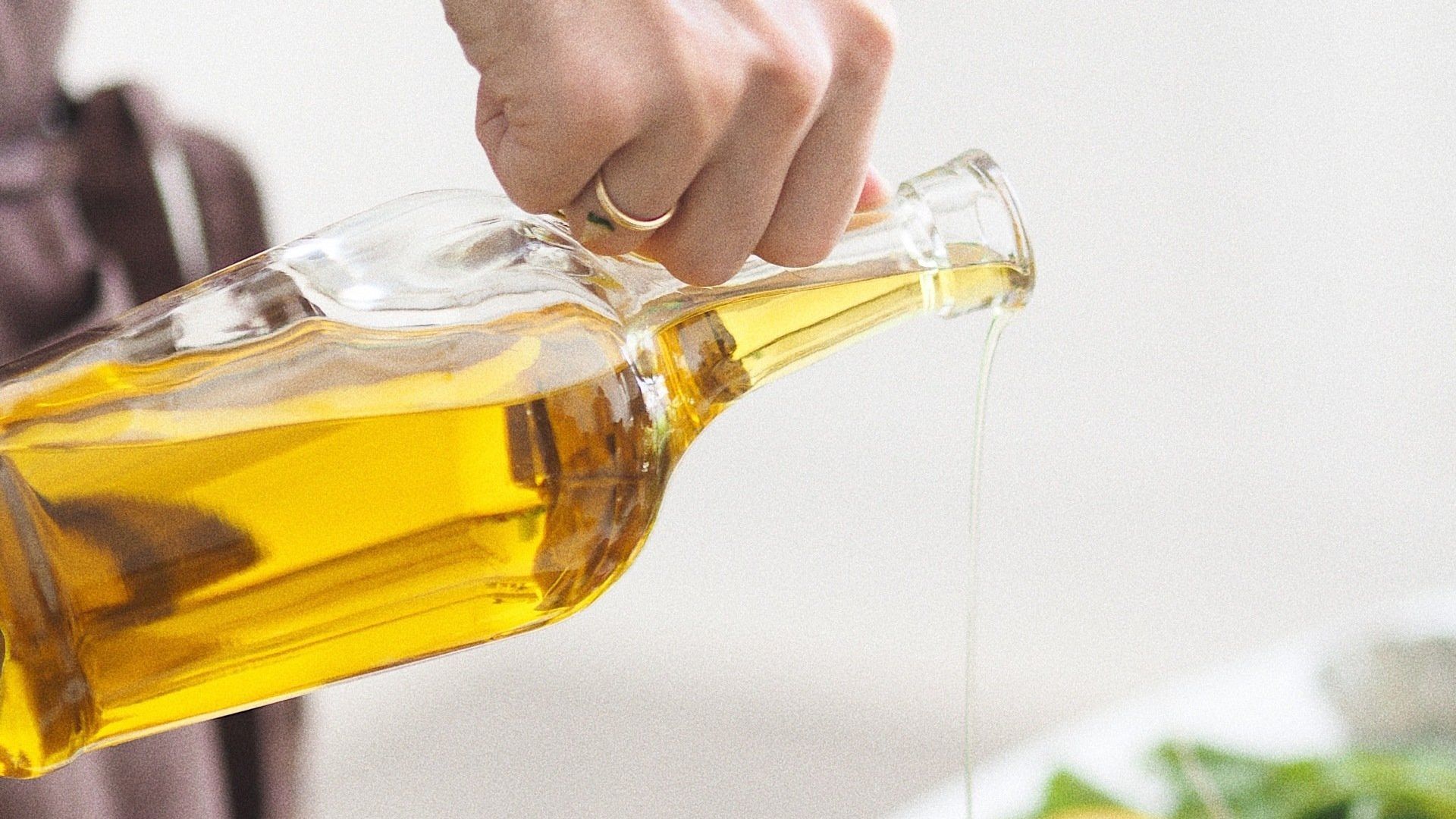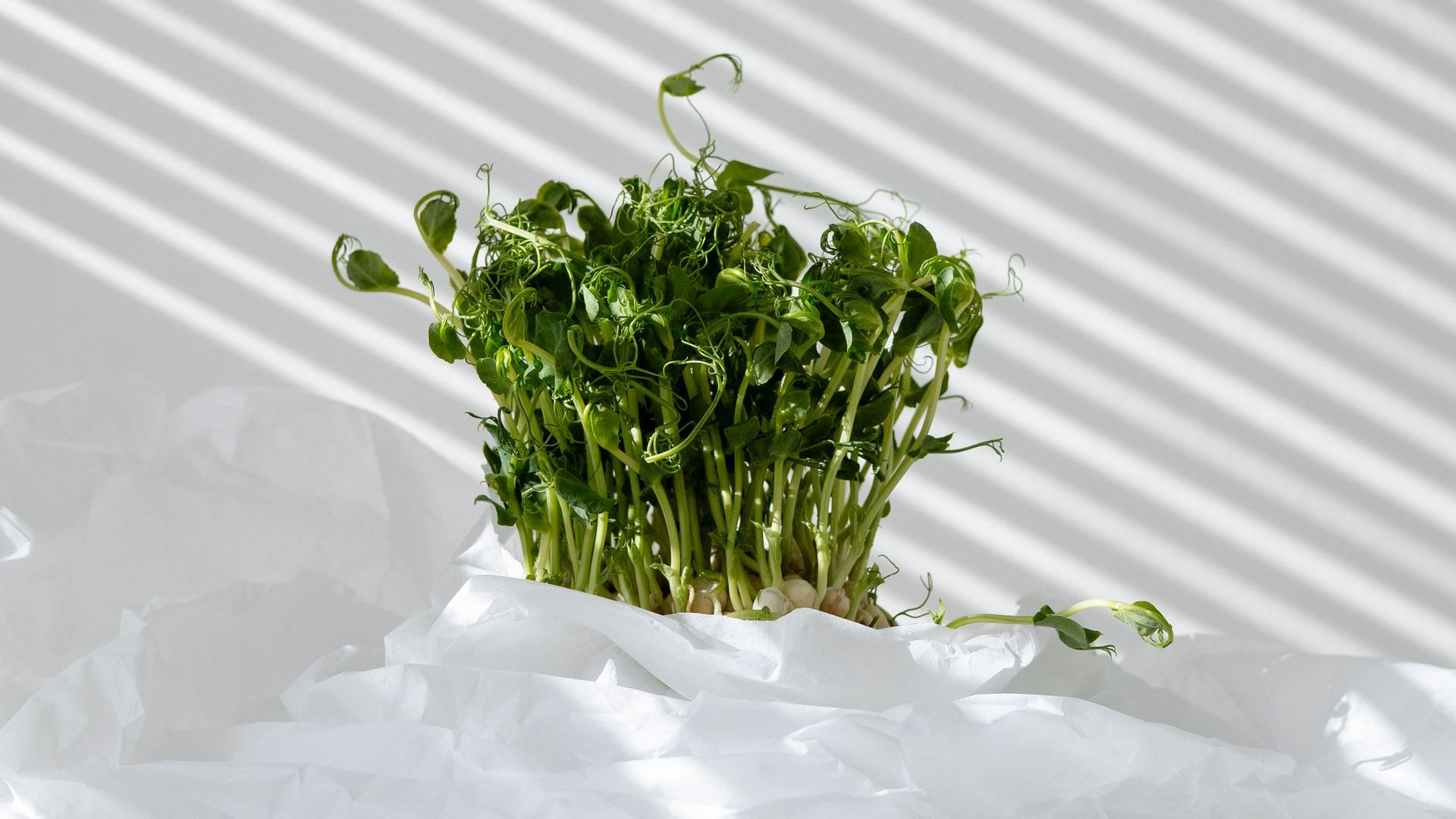Is it true that organic food is always best?
I natural always better?
This is one of the biggest nutrition misconceptions out there. It is based mostly on a logical fallacy called appeal to nature fallacy. It is defined as a belief that anything natural is good and anything that is unnatural or synthetic is bad. It's called a fallacy because this assumption is incorrect and is based mostly on the large body of misinformation as well as lack of understanding of basic chemistry. This is not to say everyone should have a degree in chemical engineering but it is important to accept that just because you don't understand something, it's not automatically dangerous.
Many of our modern day behaviors are not natural. Drinking smoothies isn't natural, yet the same people who claim you should only eat "natural" food, drink them almost daily. Just because something isn't natural, it doesn't make it bad. I am very happy we have unnatural showers and toilets to make our lives more sanitary. I am also grateful for unnatural clothes and shoes to keep us warm, comfortable and your know.... not naturally naked!
The problem with labels.
According to the Food and Drug Administration (FDA), the label "natural" does not have a formal definition. Broadly speaking the term is usually acceptable to be used on foods that have no artificial or synthetic ingredients added to a food. But the definition does not say anything about food production methods. This means it says nothing about the use of pesticides. It also excludes the manufacturing methods, such as pasteurization, or irradiation. According to the FDAs website, the term "natural" doesn't really say much about nutritional value or other health benefits of the foods.
There is no difference between synthetic or natural chemicals.
One of the many ways consumers are scared away from foods is by using the appeal to natural fallacy, which we talked about before. Herein a misinformed person makes a claim that says the chemical is bad because it is synthetic. However, a simple biochemistry 101 would show that in our bodies, it really makes no difference whether a chemical is derived from naturally occurring compounds or from synthetic ones. They will be metabolized in the exact same way, no matter the source. Additionally, chemicals that are made in a lab are not necessarily bad for you. And many of the ingredients that "you can't pronounce" are adding nutritional value to foods. Such as antioxidants that are often added to foods to preserve freshness or vitamins that are used to enrich or fortify foods. Have you ever seen those videos about heavy metals in cereal... well that's because our food is fortified with iron which is a metal... but that is not bad and only shows how misinformed people who make such videos are.
What about pesticides?
Now that we have established that natural is not always better, let's talk about pesticides. Another way to spread misinformation is sharing truly horrific information about those evil pesticides that are poisoning us... except they aren't. But these claims are again relying strongly on the public's misunderstanding of the science and federal regulations. Our food supply is extremely safe and pesticide use in heavily regulated. Fear-mongering websites and social media personalities often cite studies that show what happens at the highest possible level of consumption... in rats. Just to paint a picture for you, you would need to consume 340 servings of heavily sprayed apples in a single day to reach the lowest possible amount of pesticides that has been found to be harmful. You'd also need to eat about 7441 servings of kale or 7837 servings of celery.... That's almost impossible, even if you juice the produce. And we are talking about the lowest possible dose at which those pesticides become harmful. You would also have to do this consistently over a longer period of time to start noticing any harmful effects.
Keep in mind also that pesticides are used in organic farming. The only difference is that they are organic certified but there are many pesticides allowed in organic farming. The belief that organic food is made with no use of pesticides or herbicides is again rooted in lack of knowledge because it would be close to impossible to grow large quantities of quality produce without any outside help and protection against pest.
How are consumers protected?
Consumers are protected because of the strict regulations that are in place. The USDA publishes data on pesticide residues on food each year, which can be used to ensure that residues in foods are at safe levels. What you don't often read on wellness websites is the fact that in 2020, over 99 percent of the samples tested had residues below the tolerances established by the Environmental Protection Agency (EPA) and 30 percent had no detectable residue at all. Information like this is readily available for you to look up yearly through USDAs Pesticide Protection Program. One way to ensure you minimize your exposure to toxins is simply washing your produce before you eat it.
What about GMOs?
One of the many scary, "unnatural" foods we are often advised to avoid at all cost are genetically modified organisms (GMOs). Not surprisingly, research found that the most passionate opponents of GMOs know the least about the science behind these foods... but of course often think they know the most.
GMO is simply a term that describes one method of genetically modifying crops. However, pretty much all modern crops have been genetically modified to some extend. Many plants that we eat today weren't edible before humans genetically modified them through crossbreeding or mutagenesis. What is more, GMOs can occur naturally. There are many plants that qualify as "natural GMOs", such as bananas, peanuts or hops.
Keep in mind also that there are only ten GMO crops on the US market and in many cases the non-GMO label is simply misleading as it is being used on foods that are not available in a GMO form (such as oranges or wheat). The GMO crops that are approved in the US are corn, apples, potatoes, canola, alfalfa, soybeans, rainbow papaya, sugar beet, summer squash and cotton.
GMOs actually undergo much more rigid testing than any other food, so when scientists say that GMOs are safe to consume, they really know what they are talking about. The approval process of a new GMO crop is lengthy (and costly!). Before a GMO food enters the market, it is tested by the USDA, the FDA, and the EPA. And scientists also agree that GMOs likely have the potential to improve the health of people and the planet.
What happens when we spread fear about conventional produce?
First, it is important to acknowledge how privileged it is to be able to afford organic produce. Next, it is even more important to understand that the biggest problem in our diets are not chemicals used on food, or how we grow food, but the fact that many Americans do not meet the recommendation for fruits and veggies. And messages that are based on naming specific products that are high in pesticides only result in people being less likely to purchase any type of produce. Instead of informing people, messaging based on fear result in people eating even less fruits and vegetables. This is why it is much more productive to help people understand that there is no harm in purchasing whatever produce helps them meet nutrition goals, instead of trying to find evidence for how bad some form of farming may be.
The bottom line...
Is eat food and don't let anyone scare you away from safe products. The dose makes the poison and eating all foods in moderation is very unlikely to cause you any harm because the US food supply is regulated and unsafe ingredients are not allowed to be used in foods. And if someone makes claims about an ingredient being unhealthy, ask them about the does at which it causes harm. They likely wouldn't have an answer and if they did, you probably find out you would have to eat 365254 cookies to experience the harmful effects of an "evil" additive used in said cookies...
Take health advice from people who understand science and have no agenda in scaring you.
Sources:
- Use of the Term Natural on Food Labeling
- The National List of Allowed and Prohibited Substances
- The Pesticide Data Program
- Extreme opponents of genetically modified foods know the least but think they know the most
- Widespread occurrence of natural genetic transformation of plants by Agrobacterium
- Low-Income Shoppers and Fruit and Vegetables. What Do They Think?
- Pesticide Residue Calculator
Share this



